イベント&アクティビティ
Book Launch: Social Inequality in Post-Growth Japan Transformation during Economic and Demographic Stagnation
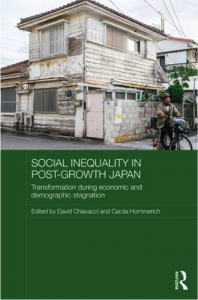
Speakers:
David Chiavacci
Mercator Professor in Social Science of Japan, University of Zurich
Carola Hommerich
Associate Professor of Sociology, Hokkaido University
Sawako Shirahase
Professor of Sociology, The University of Tokyo
In recent decades Japan has changed from a strongly growing, economically successful country regarded as prime example of social equality and inclusion to a country with a stagnating economy, a shrinking population and a very high proportion of elderly people. New forms of inequality have been emerging and deepening, and a new perception of Japan as “gap society” (kakusa shakai) has become commonly acknowledged.
The book provides a comprehensive overview of inequality in contemporary Japan. It examines inequality in labor and employment, welfare and family, education and social mobility, in the urban-rural divide, and with regard to immigration, ethnic minorities and gender.
The Ideologue and Activist Ōkawa Shūmei (1886-1957)
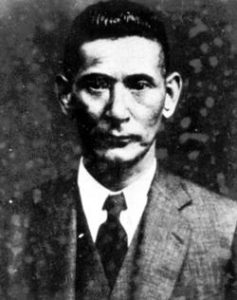
Ōkawa Shūmei is generally known for his involvement in the Japanese right-wing movement that led to his arrest after the “Incident of May 15” in 1932. Ōkawas activities after his release from prison in 1937 until his indictment as a war criminal in 1946 have not been explored widely.
Ōkawa was a prolific writer who covered diverse topics, including religion, Asianism, the Indian independence movement, colonial history, Japanese history and the “Japanese spirit”. This talk will summarize Ōkawas life, his thinking and his actions against the background of his times. In this context it will also explore the Japanese ideological concept of the “national essence” (kokutai), the tensions between collectivism and statism (kokka shugi) vs. individualism, and political utopianism in the Japanese far right before 1945.
Emperor Hirohito from the Pacific War to the Cold War
Emperor Showa, better known in the English-speaking world as Emperor Hirohito, has been one of the most controversial figures in the history of the Pacific War. He was both sovereign of the state and commander in chief of the Japanese imperial forces; but above all, he was the manifestation of divinity and a symbol of the national and cultural identity of Japan. Yet under the Allied occupation the emperor was spared from the Tokyo war crimes trial and continued to reign in postwar Japan until his death in 1989 as “the symbol of the state and of the unity of the people” under the new democratic constitution written by the U.S. occupiers.
This talk will examine the extraordinary transformation of Emperor Hirohito from a divine monarch during the Pacific War to a humanized symbolic monarch supposedly with no political power during the occupation years (1945-1952). The talk will focus on the paradoxical role Emperor Hirohito played at home and abroad as tension between the United States and the Soviet Union escalated into the Cold War in East Asia.
Effects of Zero Interest Rate Monetary Policy on Banks and Society
In Japan, zero interest rate monetary policy and unconventional easing measures have prevailed for almost two decades. It is possible that these policies have had incisive side-effects aside from effects on inflation (expectations).
Our roundtable will focus on the implications of these measures for banks and society by way of macro-economic theory as well as empirical evidence.
Between Nostalgia and Utopia: Alternative Lifestyles in Rural Japan
The Japanese countryside has for decades seen its population shrinking and aging. But in recent years some regions have experienced an influx of new residents, urban-to-rural migrants, looking for a new life in the Japanese countryside.
This so-called I-turn trend has been increasingly covered by the popular media. Magazines and websites providing information and support for people interested in moving to rural areas suggest that life in the countryside promises a meaningful job, a good work-life-balance, a life close to nature and a small, supportive community. They evoke an image of a nostalgic picturesque ‘homeland’ (furusato), where an ‘old Japanese way of life’ has been preserved. But what story does the individual I-turner tell?
日独比較コーポレート・ガバナンス
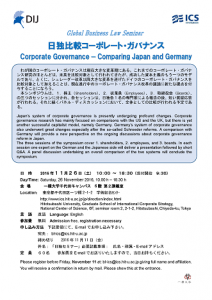
わが国のコーポレート・ガバナンスは現在大きな変革期にある。これまでのコーポレート・ガバナンス研究のほとんどは、米英を比較対象として行われてきたが、成功した資本主義のもう一つのモデルであり、とくに、シュレーダー改革以降大きな変革を遂げたドイツのコーポレート・ガバナンスを比較対象として加えることは、現在進行中のコーポレート・ガバナンス改革の議論に新たな視点を付与することになろう。
本シンポジウムは、1.株主(Shareholders)、2.従業員(Employees)、3.取締役会(Boards)、の三つのセッションに分かれ、各セッションは、日独各1名の専門家による報告の後、短い質疑応答が行われる。それに続くパネル・ディスカッションにおいて、全体としての比較が行われる予定である。
日時:
2016年11月26日(土) | 10:00 ~ 18:30 (受付開始 9:30)
締め切り:
2016年11月11日(金)
WeberWorldCafé: Diversity – Limits and Opportunities
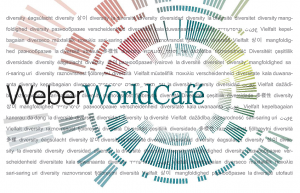
The WeberWorldCafé is an interactive, biannual event format that brings together researchers and practitioners from various disciplines and regions who meet and exchange their thoughts in a relaxed, coffeehouse-like atmosphere.
To enrich the discussions we particularly invite students, young scholars and the interested public to participate in the talks.
Scheduled:
November 24, 2016 | 3:00 P.M. – 6:00 P.M.
Registration deadline:
November 22, 2016
The Relevance of Area Studies for the Sciences and Public Policy: Examples from Europe & Asia
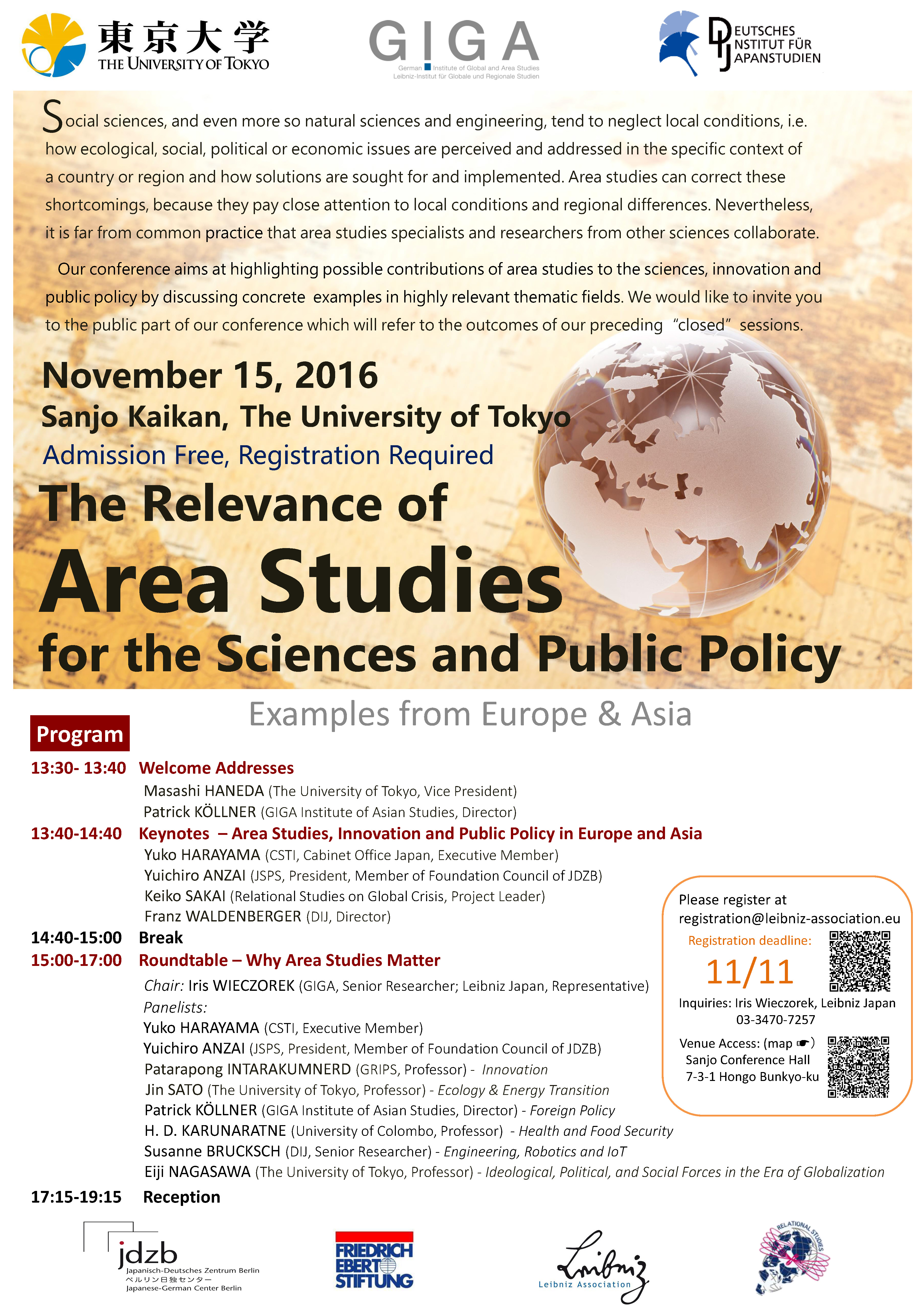 Social sciences, and even more so natural sciences and engineering, tend to neglect local conditions, i.e. how ecological, social, political or economic issues are perceived and addressed in the specific context of a country or region and how solutions are sought for and implemented.
Social sciences, and even more so natural sciences and engineering, tend to neglect local conditions, i.e. how ecological, social, political or economic issues are perceived and addressed in the specific context of a country or region and how solutions are sought for and implemented.
Our conference aims at highlighting possible contributions of area studies to the sciences, innovation and public policy by discussing concrete examples in highly relevant thematic fields. We would like to invite you to the public part of our conference which will refer to the outcomes of our preceding “closed” sessions.
Scheduled:
November 15, 2016 | 1:30 P.M. – 5:00 P.M.
Registration deadline:
November 11, 2016



 Open Access
Open Access
